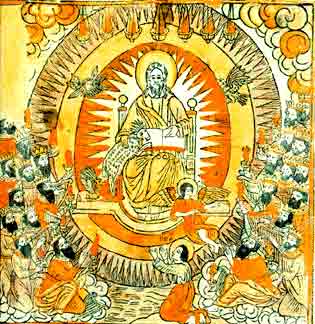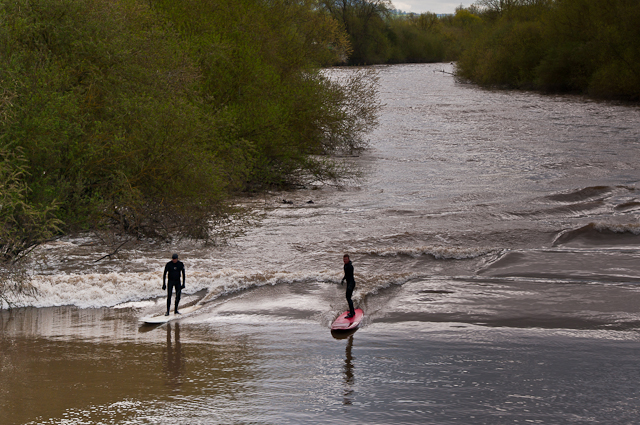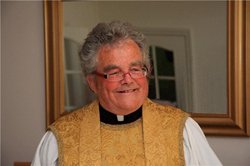
original source unknown
Today’s hymn from Sing Praise is “Before the throne of God above”. I have sung this plenty of times in churches, and as the music is in contemporary style (actually credited to Vikki Cook, 1997) I assumed the words were also recently written, even if some words such as “graven” and “thence” are a bit archaic – but then there are ‘contemporary’ churches that still use the Lord’s Prayer in its old form. The language is otherwise quite similar to that used by Stuart Townend, for example, as the theme is that of Christ’s sacrifice on the cross for our redemption.
But no, the words were written as a poem by Charitie de Chenez who was born as long ago as 1841. You can hear it read as a poem online. Wikipedia tells us that she was born Charitie Lees Smith (a less exotic name for this Victorian Irishwoman), and she was a well known religious poet of her time. This particular poem was written in 1863 in response to the 1859 Ulster Revival (of which I admit I had not heard previously). The modern tune fits well with the mood of the old words, the high notes of the middle lines being set to phrases such as “my name is written on his heart”, “my sinful soul is counted free” and “my life is hid with Christ on high”. I enjoy singing this hymn, and can well imagine it being belted out at a revival meeting.


